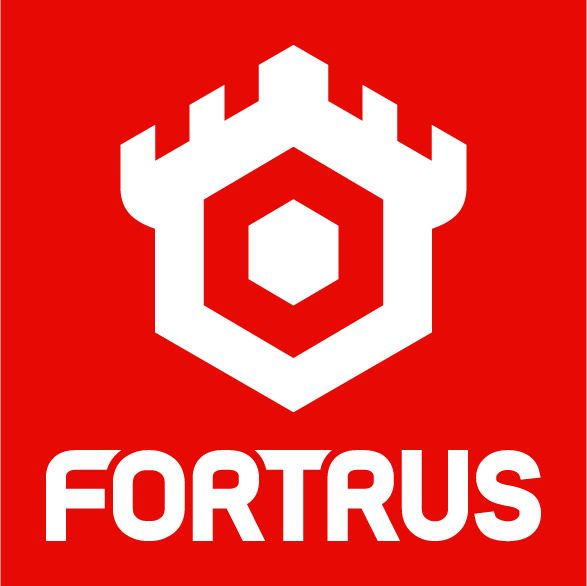Press release -
Fortrus and Alfresco enter into a Strategic Partnership to deliver intuitive solutions to the NHS
Fortrus and Alfresco enter into a strategic partnership to deliver an agile and innovative Open source platform with a clinical viewer dedicated to the end User experience.
This unique partnership enables organisations to be part of the Open Source Community, by ensuring an increased movement of digital information, whilst continually improving access to health and social care professionals, service users and carers alike.
Alfresco are combining their powerful open source EDRMS with the unique and intuitive Unity - Unified Health Record Viewer from Fortrus, in order to drive out the benefits and value that patients deserve, right at the clinical front line.
The solution provided will enable organisations to become digitally mature by adding clinical capabilities that they do not currently possess and will enable clinicians to integrate information that more often than not remains housed in unconnected silos across the organisation.
The organisational geographical boundaries that once contained paper based patient information are now blurred in the digital age. Relevant and often vital Information must travel with and around the patient regardless of location. The strategic solution provided by Fortrus and Alfresco, ensures patient documents and data can be securely shared from multiple providers across multiple domains, such as Acute Trusts, GPs, Schools, Social Care, Prisons etc, ensuring that safety and Information Governance is upheld for all health information that is shared in the community.
By taking an Open Source approach it will be possible to gain better engagement from clinicians and other frontline users across multiple NHS organisations.
In 2014, Liverpool Women's Hospital went live with a new Electronic Document Management System (EDMS) utilising the innovative ‘Unity’ solution from Fortrus.
The EDMS is used to create a fully electronic version of a patients records by replacing the paper version with a scanned digital image of the original document, which can be accessed from anywhere across the hospital network at any time. These records can only be viewed by authorised staff within the Trust that have been given the rights to view the records as part of a patients care delivery.
David Walliker, Chief Information Officer at Liverpool Women’s Hospital commented on the project:
‘The driving force for LWH was not only to reduce the daily costs associated with managing our medical records, whilst ensuring compliance with regulatory guidelines, but also to enable the ability to view a record at any place or point removing the reliance on a single copy, as happens with paper. This formed part of the Doing IT RIGHT strategy (Record Management, Intelligent Working, Greener, Holistic, Technology Led), which the solution enables the Trust to achieve. The key criteria for the selection was the acceptance it gained, based upon the overall solution user experience, from the 53 clinicians that participated in the project.’
Fortrus and Alfresco are currently delivering a series of seminars to address and discuss the key to sharing patient information across the NHS, the seminar held in Manchester yesterday had guest speakers from NHS England and Bolton NHS Trust. The next seminar will be help at The Kings Fund in London on the 24th September 2015.
For further information please contact:
Leigh Baillie
Chief Marketing Officer
Fortrus Ltd
+44 7894 517828
leigh.baillie@fortrus.com
Related links
Topics
- Health, Health Care, Pharmaceuticals
Categories
- nhs trusts
- unity
- efficiency
- healthcare
- document management
- fortrus
- alfresco
Unity emerged from research conducted with over 800 senior clinicians across multiple organisations. The findings of this research identified three key challenges when working in an data-intensive environment.
- 1) Fragmented computer systems and databases
- 2) Delays in gaining access to critical information.
- 3) Increasing pressures to find efficiencies.
Unity solves these problems by acting as a control layer, that whilst able to draw from multiple complex databases, means that we can develop flexible and bespoke user interfaces for minimal cost. The result is a software solution that suites the specific data-intensive needs of your organisation.
